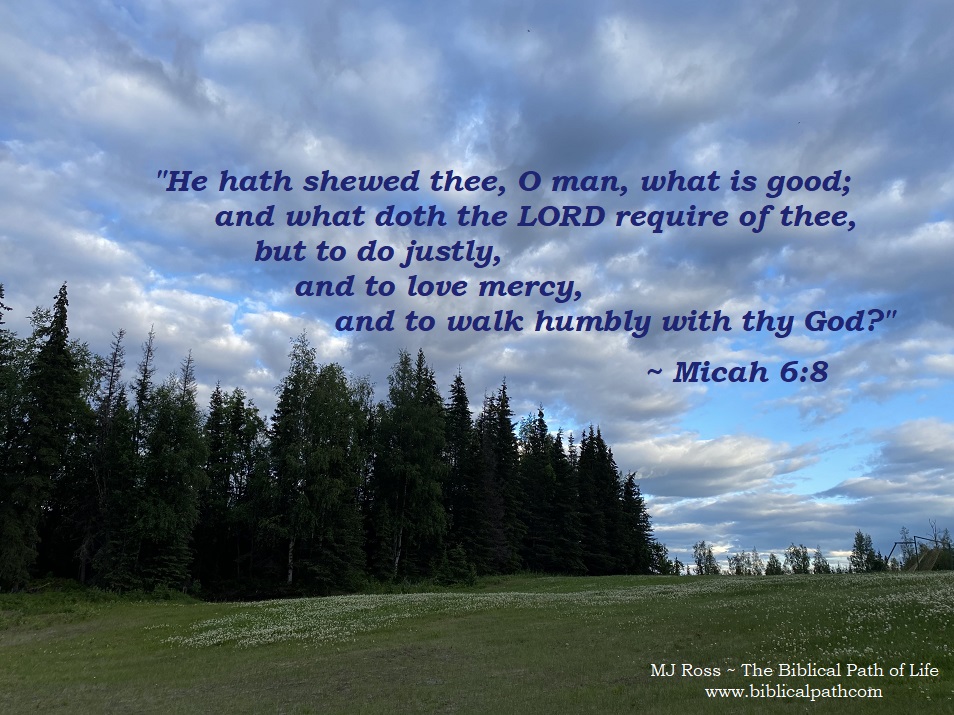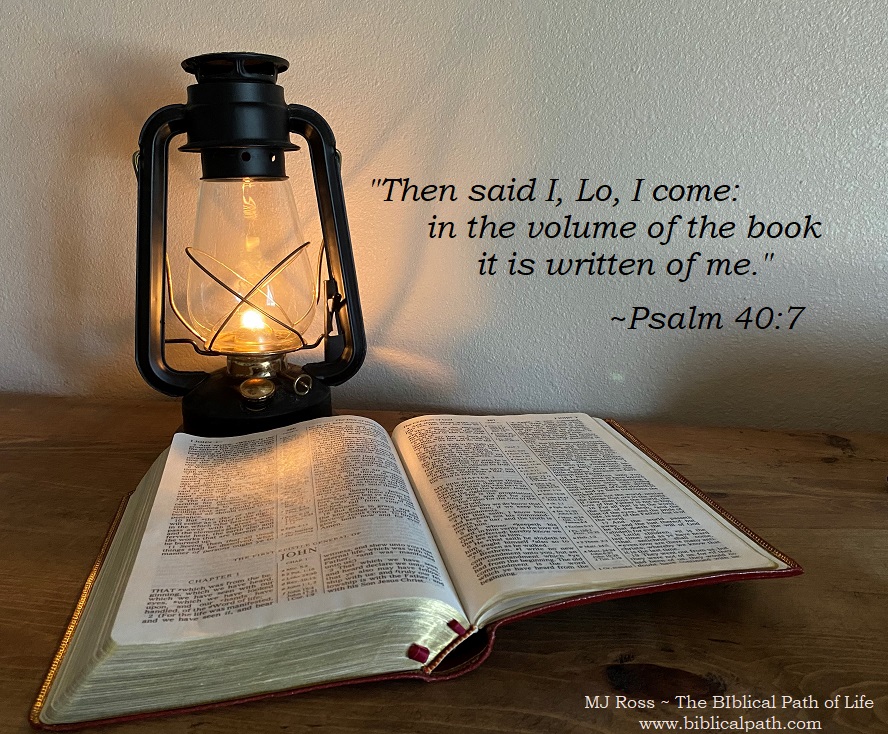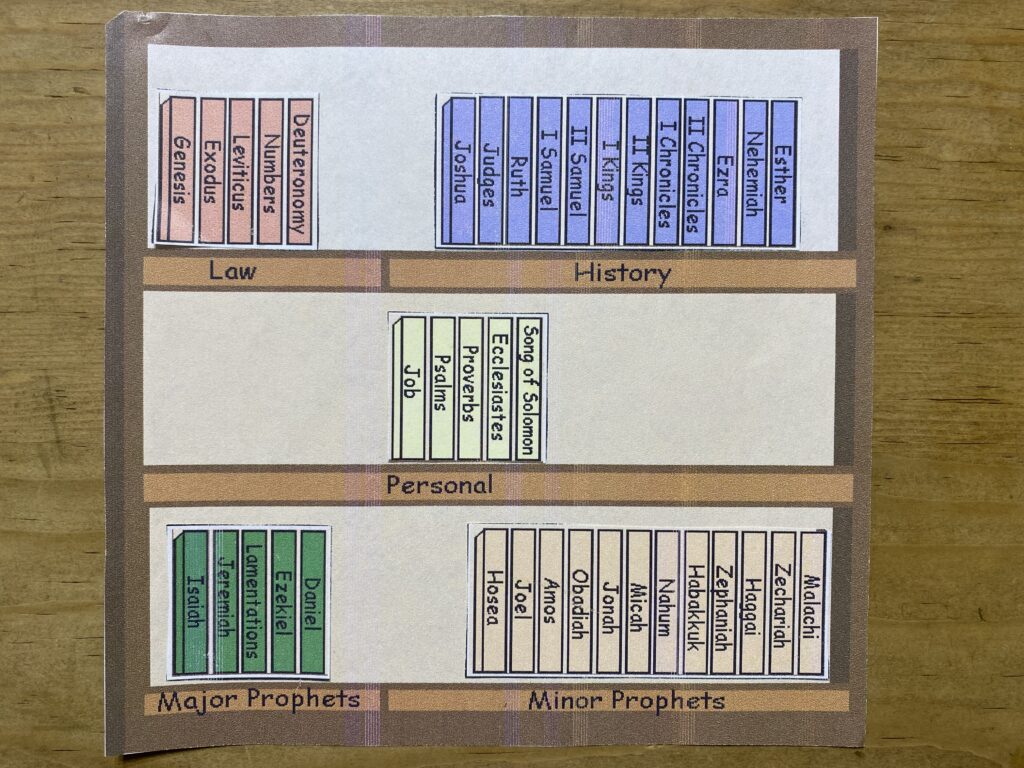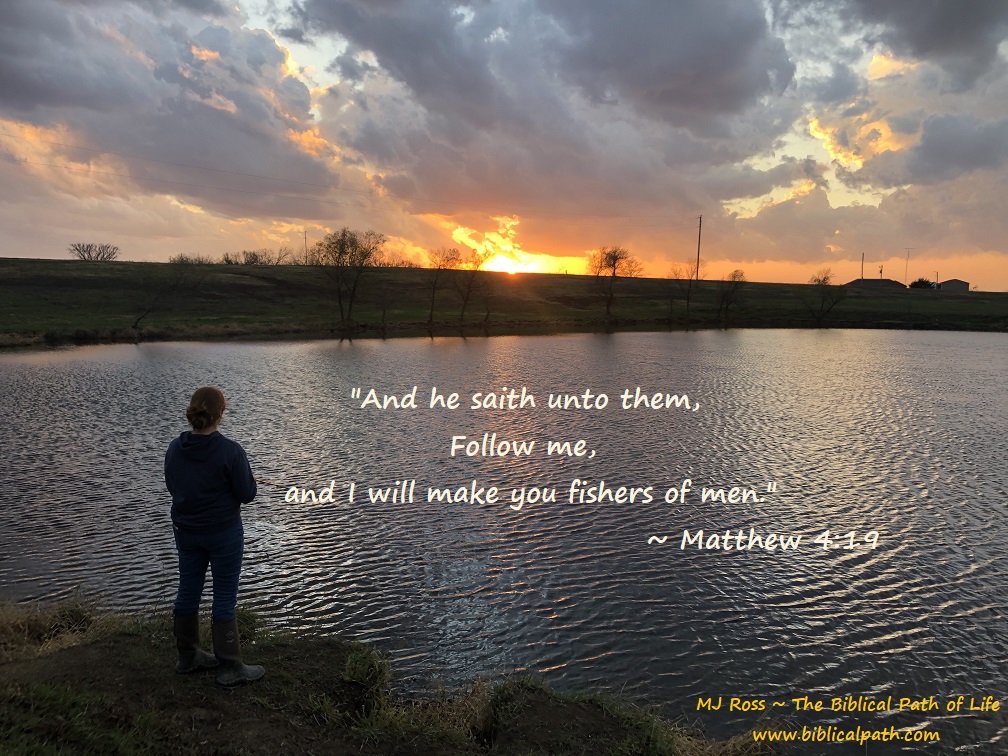
“He hath shewed thee, O man, what is good; and what doth the LORD require of thee, but to do justly, and to love mercy, and to walk humbly with thy God?”
Micah 6:8
Micah was an Old Testament prophet. He called the people to “hear” God’s Words that God gave Micah to deliver. He warned the people that God saw their sin, and judgment was coming because of habitual sin. Micah spoke mainly to Judah during the reign of King Hezekiah. King Hezekiah heard the message from God delivered by Micah, and this prompted King Hezekiah to make great reformations in Judah (see Jeremiah 26:18). Because Hezekiah sought God during those days, God defeated the Assyrian army for them (see 2 Kings 18-19).
Like many prophets before him, Micah reminded the people where they had failed, calling for the people to repent and to have a right relationship with God. Recognize just how foul the people’s understanding of God had become. “6. Wherewith shall I come before the LORD, and bow myself before the high God? shall I come before him with burnt offerings, with calves of a year old? 7. Will the LORD be pleased with thousands of rams, or with ten thousands of rivers of oil? shall I give my firstborn for my transgression, the fruit of my body for the sin of my soul?” (Micah 6:6-7). They honestly had become so influenced by the bad kings (think of King Ahaz who offered his son as a sacrifice to the god Molech), that they actually believed God would accept the sacrifice of a firstborn child to gain forgiveness from God. By asking these questions of God, they revealed their hearts toward God.
It would be good to remember back to King Saul. He thought the offering was more important than obeying God’s Word. Samuel reminded him that it was a right heart, not outward actions that God wanted. “And Samuel said, Hath the LORD as great delight in burnt offerings and sacrifices, as in obeying the voice of the LORD? Behold, to obey is better than sacrifice, and to hearken than the fat of rams” (1 Samuel 15:22). These thoughts help us understand the Old Testament viewpoint that religious ritual devoid of spiritual reality and a life that is dedicated to the Lord is worthless (see Psalm 40:6-8; Isaiah 1:10-20).
What does God want? What does He require? God had already told them what He required of them – they had just chosen to disregard God’s commands. “He hath shewed thee, O man, what is good; and what doth the LORD require of thee, but to do justly, and to love mercy, and to walk humbly with thy God?” (Micah 6:8). This is the same message God had preached to the people from the beginning of time. All God expects from His people is for them to walk humbly with Him. Remember the following: “4. Hear, O Israel: The LORD our God is one LORD: 5. And thou shalt love the LORD thy God with all thine heart, and with all thy soul, and with all thy might. 6. And these words, which I command thee this day, shall be in thine heart: 7. And thou shalt teach them diligently unto thy children, and shalt talk of them when thou sittest in thine house, and when thou walkest by the way, and when thou liest down, and when thou risest up” (Deuteronomy 6:4-7). After reading how far the people had gotten from God, can you understand why God wanted them to constantly talk about His commands and teach them to their children? Then they would constantly be reminded of what God’s Words were. Even with the Law in the Old Testament, the people did not understand that they could not become a righteous person in and of themselves. “Wherefore the law was our schoolmaster to bring us unto Christ, that we might be justified by faith” (Galatians 3:24). All of the Law was to reveal that they were a sinful people who had nothing to offer, but deserved the penalty of death before a Holy God. “For the wages of sin is death; but the gift of God is eternal life through Jesus Christ our Lord” (Romans 6:23).
Remember Cain. He rose up and killed his brother because God did not accept his sacrifice. Cain had a religious ritual, but he did not have a spiritual reality – coming before God with a true heart. God saw Cain’s heart (which was revealed to us by the killing of his brother). Where does this leave one?
Remember what Jesus said when the people asked what work they needed to do. “28. Then said they unto him, What shall we do, that we might work the works of God? 29. Jesus answered and said unto them, This is the work of God, that ye believe on him whom he hath sent” (John 6:28-29). Later, Paul and Silas tell a man what to do when he asks: “30. And brought them out, and said, Sirs, what must I do to be saved? 31. And they said, Believe on the Lord Jesus Christ, and thou shalt be saved, and thy house” (Acts 16:30-31). Faith is the opposite of works. One must believe on Jesus because He is the one who paid the penalty for sin (His death on the cross), enabling one to be saved. It is then, and only then, that one is able to do what God requires: “to do justly, and to love mercy, and to walk humbly with thy God” (see Micah 6:8). When you read Galatians 5:22-23, this explains that these actions are only enabled by the Holy Spirit which is given to one when they are saved.
Have you trusted in Jesus, enabling you to do justly, and to love mercy, and to walk humbly with thy God?










